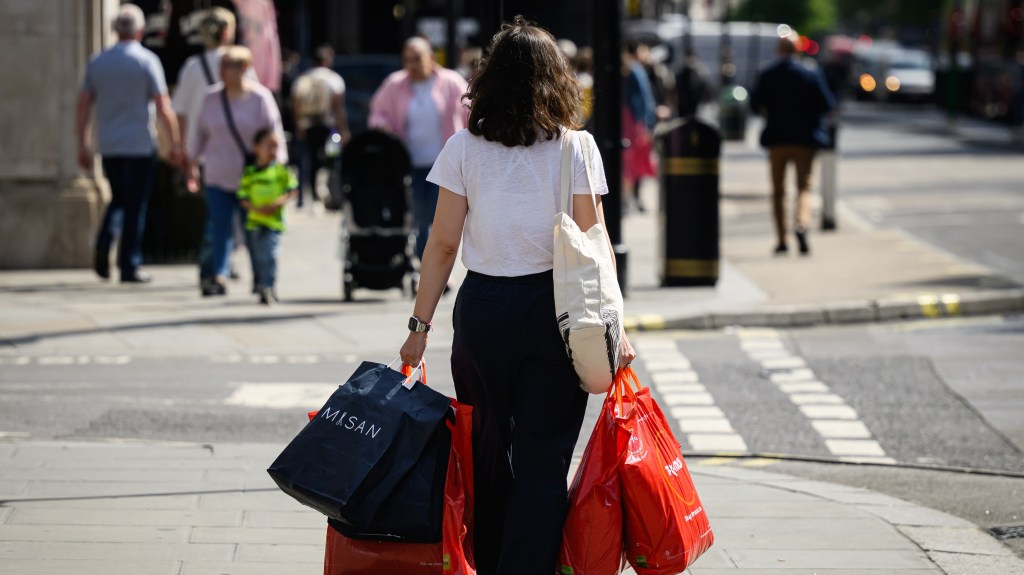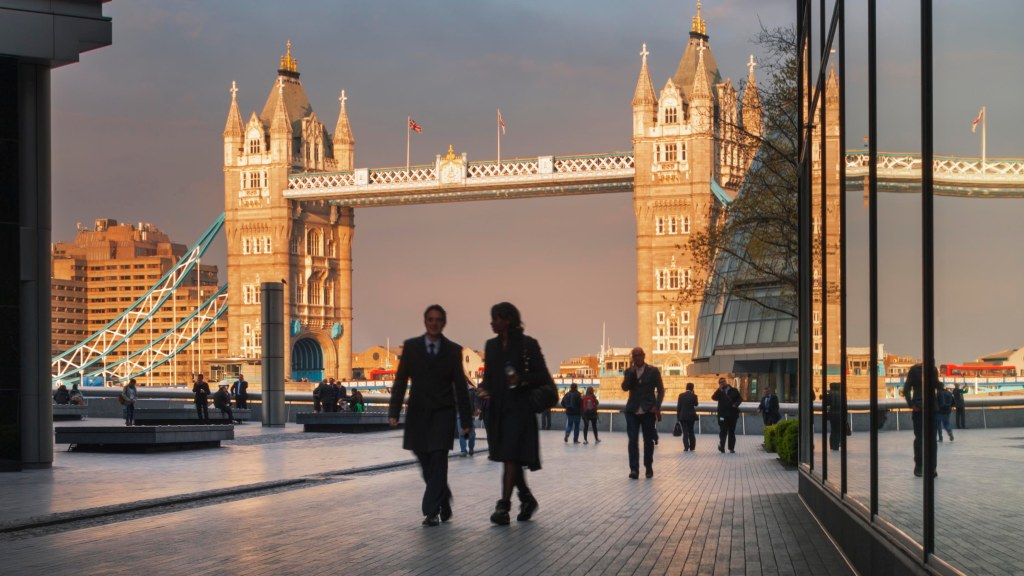Retail Sales Decline Amid Budget Concerns and Rising Costs
Weakened consumer confidence significantly impacted retail sales last month, with anxiety over the Labour party’s “painful” upcoming budget and increased energy expenses.
According to the retail sales monitor from the British Retail Consortium and KPMG, total retail sales experienced a modest annual rise of 1% in August, which is an improvement from July’s 0.5% increase but a stark decline from the 4.1% growth observed in the same month last year. August’s sales performance was also below the average 12-month growth of 1.2%.
Linda Ellett, KPMG’s UK head of retail and leisure, commented, “Despite the arrival of summer and a slight boost in consumer confidence, shoppers did not significantly increase their spending in August.”
Concerns remain about potential tax increases that the new Chancellor might introduce in his initial budget on October 30, with Sir Keir Starmer previously indicating that it would be a “painful” announcement aimed at enhancing the country’s financial landscape. The government incurred a borrowing deficit of £14.5 billion in June, exceeding expectations by £2.9 billion.
Helen Dickinson, CEO of the retail consortium, remarked that following a tough summer for the retail industry, many retailers will be closely monitoring the Chancellor’s upcoming autumn budget before making final investment decisions.
The trade organization’s findings indicated that food sales saw an increase of 2.9% year-on-year for the past three months, a significant slowdown compared to the 8.2% growth during the same timeframe last year, attributed to a rapid decrease in food inflation over the previous year.
In contrast, non-food sales saw a decline of 1.7% in the three months up to August, compared to a slight drop of 0.2% in August 2023. In brick-and-mortar stores, non-food sales dipped by 2.8% over the quarter, a reversal from the 1.3% growth seen during the same period last year.
The uptick in food sales was largely driven by increased purchases for summer gatherings such as barbecues and picnics, while there was notable demand for seasonal clothing and health and beauty products as consumers readied for social outings and vacations.
Research from Barclays noted a 1% rise in card spending during August, breaking a two-month downward trend. The warm weather prompted a surge in visits to specialty shops like butchers and delicatessens, while garden centres flourished as consumers invested in their outdoor spaces.
The retail consortium observed that while sales of computing items thrived last month, buoyed by students preparing for the new academic year, sales of typical back-to-school items were below average as many opted for more affordable second-hand options.
Barclays, monitoring approximately 40% of the UK’s debit and credit card activity, reported that 70% of Britons felt more secure about their household finances, an increase from 65% the previous month. Nearly half of consumers are indulging in budget-friendly luxuries, such as pastries and beauty products, even while cutting back on their overall spending.
Karen Johnson, head of retail at Barclays, noted, “We’re witnessing an emerging trend of consumers engaging in retail therapy for a boost in mood, a more immediate approach to balancing budgets for memorable experiences.”
As the festive season approaches, Barclays’ research indicates that 35% of consumers expect this Christmas to be costlier than last year, with one in five expressing concerns about managing these increased expenses.
“While budget-conscious shoppers remain restrained in their discretionary spending due to rising prices, particularly as Christmas approaches, it is encouraging to see an uptick in consumer confidence regarding personal finances, which bodes well for future spending trends as the important holiday season nears,” Johnson concluded.




Post Comment